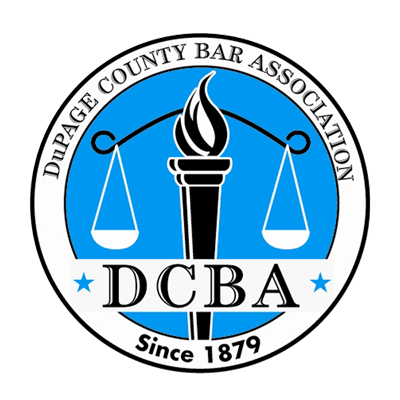
On January 1, 2020, Illinois’ Cannabis Regulation and Tax Act will go into effect. People 21 and older in Illinois will be able to use marijuana for recreational use. Medical marijuana has been decriminalized in Illinois for years, but even medical cannabis availability will be expanded. This is good news for people who use cannabis to treat chronic pain or other conditions. However, increased access to marijuana may complicate workers’ comp claims.
There are still broad protections for employers who do not want their employees to be using marijuana. Employers can still have policies in place against being impaired by cannabis and may still be able to require drug testing that meets certain guidelines. However, an employer may try and deny a workers’ injury case by claiming the worker was high at the time of the accident.
Employers Can Still Test for Drug Use in Illinois
Under the Cannabis Act, employers can still adopt reasonable zero tolerance or drug-free workplace policies or employment policies concerning drug testing provided the policy is applied in a nondiscriminatory manner.
If an employer fires a worker for testing positive for drugs, using a nondiscriminatory and reasonable drug testing policy, the employer may still be protected in disciplining the worker even if the worker had a valid medical marijuana prescription.
A worker who is legally allowed to purchase and use recreational marijuana or medical cannabis in Illinois may still be prohibited from testing positive for drugs in the workplace or from being under the influence of drugs while working.
Illinois Workers Comp and Drugs or Alcohol (Including Medical Marijuana)
Workers’ compensation provides for medical care and cash benefits after a worker is injured on the job. For most on-the-job injuries or illnesses, the employee does not need to prove negligence on the part of the employer, and in exchange, the employee is limited in filing a legal claim against the employer.
However, if the worker intentionally caused the injury or the worker was impaired by drugs or alcohol which caused the accident, then the employer may be able to deny the workers’ comp claim. Unfortunately, with legal access to marijuana and the way marijuana stays in the system after the impairing effects wear off, there may be more employers who are trying to deny a workers’ comp claim by saying the worker was high at the time of the accident.
Under Illinois’ workers’ comp laws, the employer may not have to pay compensation if the employee’s intoxication is the proximate cause of the injury or the employee was so intoxicated that the intoxication constituted a departure from employment.
Evidence of the concentration of cannabis in the employee’s blood or urine can be used to consider whether the employee was intoxicated at the time of the accidental injury. If the worker tests positive for drug use or refuses to submit to a drug test, then there is a rebuttable presumption that the employee was intoxicated, and the intoxication was the proximate cause of the injury.
This is where having an experienced workers’ comp attorney on your side can make a difference. Your attorney can overcome the rebuttable presumption by a preponderance of the evidence that the intoxication was not the proximate cause or not the sole proximate cause of the injury.
Challenging Drug Claims After a Workplace Accident in Illinois
There are a few ways to challenge an employer’s denial of a workers’ comp claim based on alleged drug use or intoxication. For example, your attorney can challenge the use of the drug test that was not performed by an accredited or certified testing laboratory. Additionally, sampling and testing may not have been performed in accordance with the workers’ comp regulations.
A workers’ comp claim after an accident may be the only way for an injured worker to pay for medical bills and obtain income after an injury accident. Unfortunately for injured workers, the employer or insurance company may deny a workers’ comp claim just to save money. If you were injured in a workplace accident in Aurora or the Chicago area and the employer denied your claim, you need an experienced Illinois workers’ comp attorney. Contact the Cullotta Bravo Law Group today at 630-898-7800 to schedule your free consultation.





